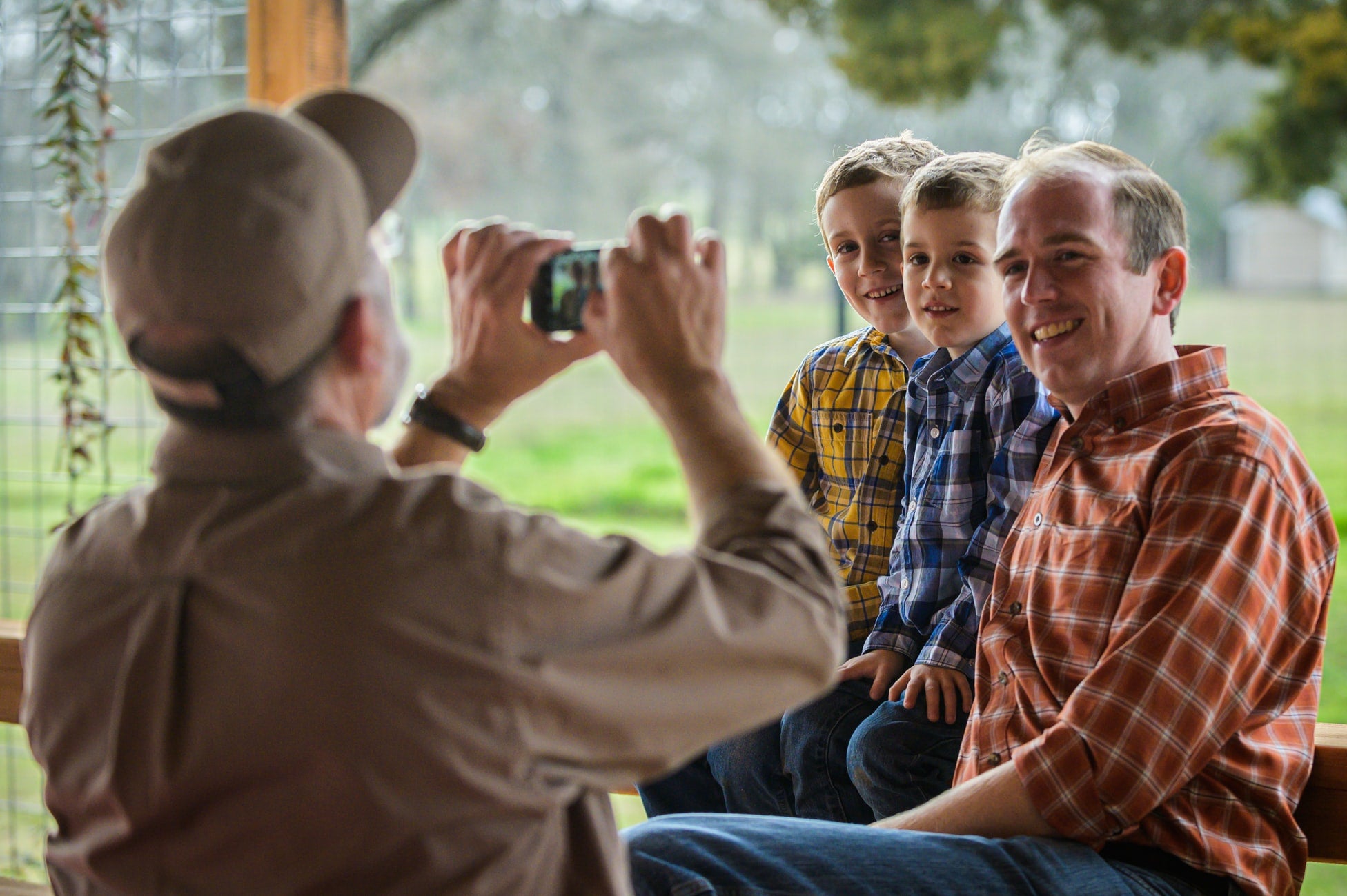As I continue to learn about aging through the Gerontology program at Portland (Oregon) Community College, I’m auditing a Care and Service Coordination course (there’s a senior audit program that enables me to take classes practically for free).
The course deals with advocating for older adults’ needs and/or desires as a case manager, attorney, friend or family member, medical professional, etc. It focuses on helping older adults figure out how they want to live out their lives and then working with them to make sure they get to live the way they want. I’m only four weeks into the course, so I can’t draw any firm conclusions yet, but the overriding theme is understanding what an older adult wants and/or needs and how to help them get it.
One focus for Professor Saavedra (the instructor) is what she calls the six pillars of aging wellbeing: legal, financial, living environment, social, medical, and spiritual. This week part of classwork involves reading about the fourth pillar, the Social pillar. The beginning of this section deals with what the author (Professor Saavedra) terms “Life Reimagined.” She describes things an older adult can look at to figure their purpose—a hobby, volunteering, adjusting to living with limitations but still having a life. This is all by way of an introduction to this blog.
One of the suggestions Dr. Saavedra makes in the textbook she wrote is to “cultivate spirituality.” The way she defined spirituality gave me a new perspective on the concept. First of all, I always associated spirituality solely with religious people, who regularly attended church, synagogue, or mosque or practiced other, less established forms of worship; and in addition, attempted to practice what their religious leaders preached in their day to day lives. While I respected that, I knew it wasn’t me. I never thought of myself as spiritual. Although I am Jewish, I have rarely set foot in a synagogue during my adult life, and never on my own initiative. I’ve gone to weddings, bar and bat mitzvahs and that’s about it. I do, however, fast each Yom Kippur (the Day of Atonement)— a day on which one is supposed to reflect on the rights and wrongs they’ve done in the past year and do a serious self-assessment to contemplate how to be a better person in the new year. So, I’m not spiritual. I’m not a believer, and although I am not an atheist, I’m not against religion at all. I am not a believer, and therefore, I assumed I was not, am not, spiritual.
It’s been an established principle in aging studies that spirituality is one aspect that aides healthy aging. Spirituality is viewed as being very good for maintaining mental acuity. So, I get that being spiritual is an asset for an older adult. And to reiterate, I thought there was no way I was spiritual. Until, that is, I read Professor Saavedra’s description of spiritual. In her view, spirituality is any deeply felt purpose in a person’s life. Thus, it can be religious, especially when it’s a shared experience. However, it can be anything that is a practice or talent that is purposeful and provides profound meaning to a person’s life. A talent or skill such as playing music or singing, baking, gardening can enable a person to have purpose and, therefore, to be spiritual. Meditation, yoga, walks in the woods: the same. She goes on to write that sometimes, with older adults, we may have to re#define our purpose, but as long as we do, we remain spiritual, and therefore our brains and bodies benefit.
I’m not sure, but I think under Professor Saavedra’s definition, I’m spiritual. At least, I was. Although I got paid for the work I did for unions, I always felt a deep sense of mission. I was committed to working with union members to empower them, to enable them to work with their coworkers to build organizations that would lead to developing a strong voice in workplaces, and shift the balance of power so that their bosses had to listen and hear them. I did this in several capacities: as a negotiator, bargaining contracts with a team of union members; as an internal organizer, working with and recruiting volunteers to become union stewards and fill other roles to develop strong workplace-based organization; as an educator, helping stewards and union leaders develop the skills necessary to strengthen existing structures and to mobilize their coworkers to become involved in their union; and last but not least, to encourage not-yet-unionized workers to unionize. I know that unions are diminished as the economy has shifted to more individualized jobs and what they call the “gig economy” (contracted workers whose connection to a business ends when their contract expires). However, I still believe there’s a role for unions in our society, and the work I did gave me purpose. It gave me a deep sense of community with my colleagues and the members we worked with each day.
Now that I’m no longer working, I really don’t have purpose in the sense that I did. I have not really found a volunteer “thing” that moves me. I have a purpose in helping my stepdaughter and wife take care of my granddaughters. Although very rewarding, I think I need something that allows me to utilize the skills I’ve honed over the decades. I’m looking for something akin to the volunteer work I did in Portland for an organization, Elders In Action, in which I was able to advocate for older adults and disabled folks who needed help with a variety of situations. Right now, like a lot of us, I’m waiting out the pandemic and figuring out what I can do that’s fulfilling once it’s safe to do it.
– Edward from McMinnville, Oregon, a FAR customer who is finding purpose in this new stage of his life.

Edward writes for FAR and is also a customer. He is 73-year-old, born and raised in and around New York City. After college and a little graduate school, he took Horace Greeley’s advice and went west. Edward lived in several cities throughout California and currently resides in Oregon. He practiced law for a few years as part of a law collective doing what they called “people’s law,” but spent most of his career working as an internal organizer for the unions.
When Edward’s career ended with the unions, he was determined to become an advocate for older adults. He enrolled at Portland Community College studying Gerontology. He learned a lot about aging and how it applied to his own life experiences and my own aging process. Much of Edward’s writing is related to what he learned in his Gerontology studies.
* The opinions expressed in this article are those of the authors. They do not necessarily reflect the opinions or views of the Finance of America Reverse (FAR) LLC
This article is intended for general informational and educational purposes only, and should not be construed as financial or tax advice. For more information about whether a reverse mortgage may be right for you, you should consult an independent financial advisor. For tax advice, please consult a tax professional.















I WANT TO KEEP UP TO DATE ON RETIREMENT TRENDS
Follow Us.